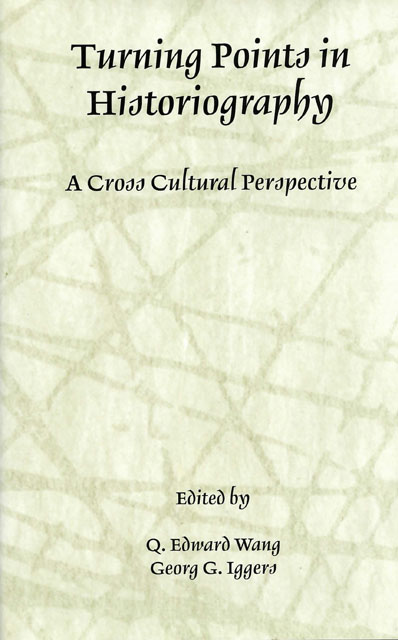Book contents
5 - New Directions in Northern Sung Historical Thinking (960–1126)
Published online by Cambridge University Press: 29 February 2024
Summary
I. Introduction
Scholars generally agree that Chinese historical thinking reached a turning point and underwent significant changes in Sung China (960–1278). The changes included the Neo-Confucian interest in the moral purpose of historical studies, a more practical approach to the idea of cheng-t’ung (legitimate political transmission), a significant refinement in historical criticism and, last but not least, an increased sophistication in the writing historical commentaries (shih-p’ing). There are also other features that were characteristically new, such as the broadened definition of source materials and the creation of new categories of historical writing, including notably the compilation of local gazetteers.
Most of these changes were fundamental, and marked a significant shift in direction towards a more moralist understanding of the purpose and method of historical knowledge.
The points listed above do not, however, cover the complete spectrum and the immensely challenging breadth of the Sung achievement in historical writing. Rather, there was also a powerful trend during this transitional period to search for a rationalist unity between factual exactitude and moral purpose. Briefly speaking, the Sung thinkers held an exciting belief that moral and political lessons had to be grounded on correct knowledge of history, based on the complete, that is, perfect collection of precise records. Such a conviction led to massive and even dilettantish compilations of historical materials, more sophisticated theory and method for examining documents and historical records, and the creation of new types of historical writing.
In what follows I will try to place these changes in a modern perspective, to explain what new ways of understanding history in the Sung, especially during the first half of the dynasty (960–1126), really means for a modern student who wishes reliably to comprehend Sung sense of the past. I shall use the following four characteristics to summarize it: the first is the sense of “anachronism,” that changes did actually happen in the past, and that history was not just merely repetitions of the past events. The second is the belief that literary style affects the way of presenting truth, that is, historical truth is made evident only with a reliable or truthful narrative. To put it more radically, only historical truth is to be displayed in the exact or perfect narrative.
- Type
- Chapter
- Information
- Turning Points in HistoriographyA Cross-Cultural Perspective, pp. 59 - 88Publisher: Boydell & BrewerPrint publication year: 2001



